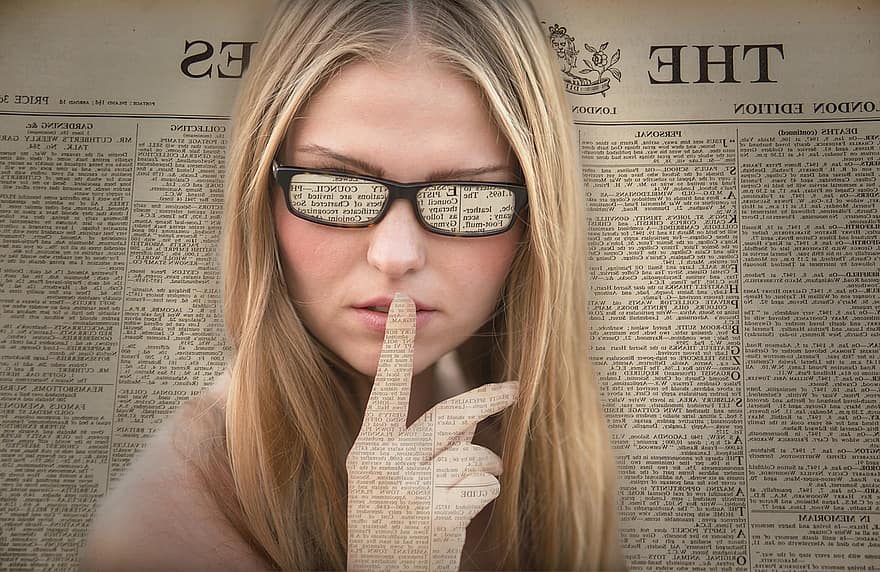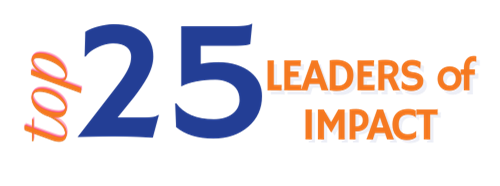July, the month we celebrate Independence Day, is a time to think about the many freedoms Americans enjoy – although “enjoy” is not necessarily the right word.
Take the Second Amendment – the right to bear arms – for example. While conservatives fear almost any government restrictions on the freedom to own weapons, liberals think the government can and should restrict gun ownership in ways that benefit the common good. One man’s liberty can be another man’s lament.
But I want to talk about another freedom – the freedom of speech given to us by the First Amendment. This is the same amendment that protects freedom of the press. I want to talk about that freedom because it doesn’t seem to have many defenders.
You don’t really hear people defending the media the way they defend their right to bear arms. You don’t hear, for instance: “You can take my newspaper from my cold, dead hands.” Indeed, one would get the impression from recent events that very few tears would be shed if mainstream media were to disappear.
In a survey released earlier this month by the Pew Research Center (a nonpartisan and very well respected think tank), only 18 percent of respondents said they had a lot of trust in information they receive from national news organizations.
Wow.
Remember the ad campaign in which Trident touted that four out of five dentists recommend their chewing gum? Well, only one out of five Americans say the news media is trustworthy, the survey says. I’m guessing they won’t use that in an ad campaign.
But let’s look into that survey a little more deeply. If you don’t get your news from mainstream media, where do you get it from? There’s always social media, of course. And what percentage of respondents placed a lot of trust in the news they get from social media? Four. That’s one in 20 people.
Hmm. Compared to social media, mainstream media doesn’t look so bad.
And despite the lack of trust in the media, people do think it has an important role. This is from the survey’s summary: ‘Three-quarters of Americans think that news organizations keep political leaders in check – preventing them from doing things that they shouldn’t be doing.”
This seems to be a contradiction, and the contradiction goes deeper than that: The survey found that both conservatives and liberals agree that the media is biased – 87 percent of conservatives and 74 percent of liberals.
How can that be? How can the media be both too liberal and too conservative?
It’s a contradiction the survey doesn’t fully resolve, but an earlier Pew Research Center survey offered insight: It concluded that, once you factor out people’s own political biases, they weren’t so quick to find media bias. Specifically, that survey found that when you throw out respondents on either end of the political spectrum and only look at moderates, 35 percent think the media has a liberal bias, 24 percent think it has a conservative bias, and 41 percent think it has no bias or are not sure.
That would explain why the two presidential candidates who have sounded most alike in their views on media bias have been Donald Trump and Bernie Sanders.
I think people have a love-hate relationship with the media because, deep down inside, we realize that the media is made up of human beings trying their best. I think we realize that as imperfect as the media is, it’s better than not having a vibrant, free and independent media.
To paraphrase Winston Churchill, “The American news media is the worst, except for the media in every other country.”









